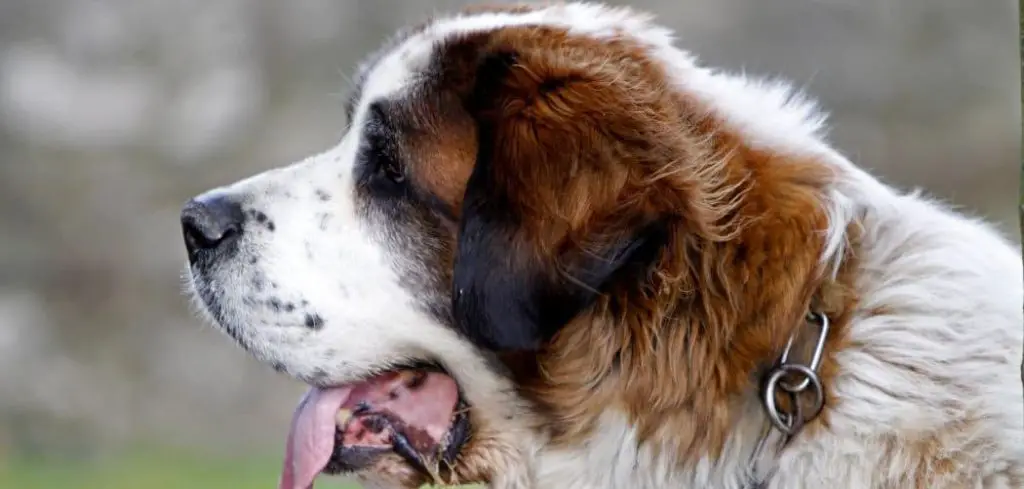Panting is a normal way for dogs to regulate their body temperature, but when panting starts suddenly and seems excessive, it can be a cause for concern. This type of change may signal an underlying health issue that needs attention.
We outline the common causes of sudden excessive panting in dogs, what you can do at home, and when to seek veterinary help.
Dog Panting Excessively Suddenly — Why It Happens
Sudden excessive panting in dogs can happen for a variety of reasons, ranging from heatstroke to heart disease. It may also be caused by pain, respiratory problems, stress, or poisoning. Unlike mild panting after exercise or excitement, sudden panting without an obvious trigger should not be ignored.
Understanding what might be happening helps you respond quickly and appropriately.

Sudden Excessive Panting in Dogs: Common Causes
Heatstroke
Heatstroke is one of the most dangerous causes of sudden panting. Dogs cannot sweat like humans, so they rely heavily on panting to cool down.
If a dog becomes overheated, their panting may turn fast and labored. Other signs include drooling, lethargy, vomiting, or even collapse. Heatstroke is life-threatening and requires immediate intervention.
Read more: Dog shaking and panting (Should you worry?)
Heart Disease
Heart disease can cause sudden panting when the heart struggles to pump blood efficiently. This lack of circulation leads to oxygen shortage, forcing the dog to pant excessively.
Owners may notice coughing, weakness, or reluctance to exercise alongside panting. Older dogs and certain breeds are more at risk, making this a serious cause that should never be overlooked.
Respiratory Problems
Lung or airway conditions can cause difficulty breathing, leading to heavy, sudden panting. Issues such as pneumonia, laryngeal paralysis, or tracheal collapse put extra strain on a dog’s breathing.
These conditions can present with noisy breathing, wheezing, or gagging. When panting arises without exertion, respiratory illness should be considered a strong possibility.
Pain or Injury
Dogs often pant suddenly when they are in pain. This may stem from an internal issue like pancreatitis or a visible injury such as a broken bone.
Excessive panting caused by pain may be accompanied by restlessness, whining, or changes in behavior. Since dogs instinctively hide discomfort, sudden panting can be one of the earliest outward signs of pain.
Stress and Anxiety
Anxiety can cause dogs to pant suddenly, even without physical exertion. Loud noises, separation, or unfamiliar environments may trigger this response.
Unlike medical causes, panting from stress is usually temporary, but it can still affect a dog’s well-being. If panting resolves when the stressor is removed, anxiety is the likely culprit.
Poisoning or Toxins
Exposure to toxins can cause sudden panting as the body reacts to poisoning. Household products, certain plants, or even some human foods like chocolate can trigger dangerous reactions.
Alongside panting, symptoms may include vomiting, drooling, tremors, or seizures. This is a medical emergency that requires immediate veterinary care.
What to Do If Your Dog Is Suddenly Panting Excessively
If your dog begins panting suddenly, first look for environmental factors such as heat or stress. Move them to a cool, quiet place with fresh water.
If heatstroke is suspected, begin cooling immediately with cool (not ice-cold) water and fans. Always monitor your dog closely while taking these steps.
For anxiety-related panting, reduce triggers where possible and provide comfort. Calming aids, familiar toys, or safe spaces may help.
If panting does not improve within minutes or is accompanied by additional symptoms such as weakness, vomiting, or collapse, veterinary care is essential.
When to Call or Visit Your Vet
Contact a veterinarian immediately if panting is sudden, excessive, and unexplained by exercise or temperature.
Seek urgent help if panting is paired with collapse, pale gums, weakness, or vomiting. These are signs of a life-threatening emergency.
Even if symptoms seem mild, persistent or recurring panting should always be discussed with a vet. Quick action ensures the best possible outcome for your dog.
Read more: Old Dog Breathing Heavy and Not Eating (Here’s why)
Key Takeaway
Sudden, excessive panting in dogs should never be dismissed as normal. While it may sometimes be linked to stress or heat, it can also signal serious medical issues such as heart disease, respiratory illness, or poisoning.
Monitoring closely, providing immediate comfort measures, and knowing when to seek veterinary help are the keys to keeping your dog safe. Trust your instincts—if something feels off, it’s always best to get your dog checked.
